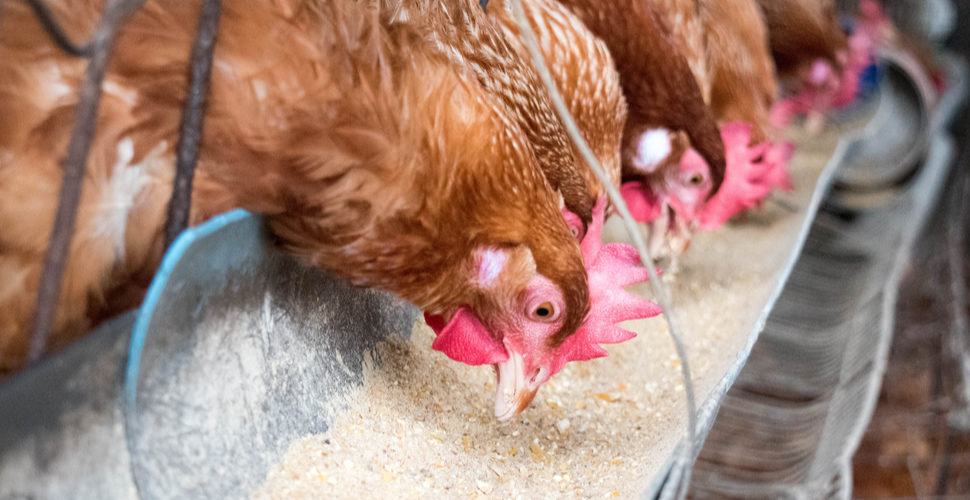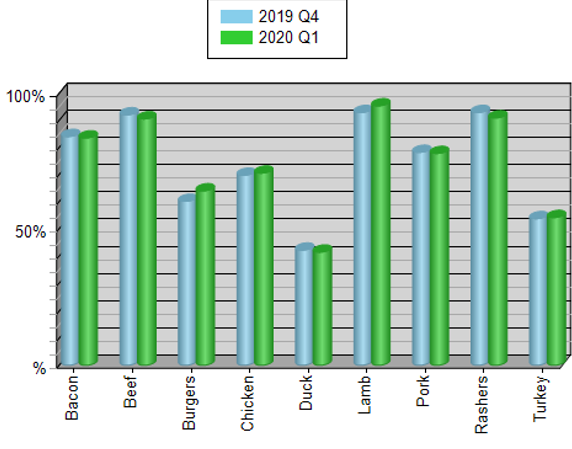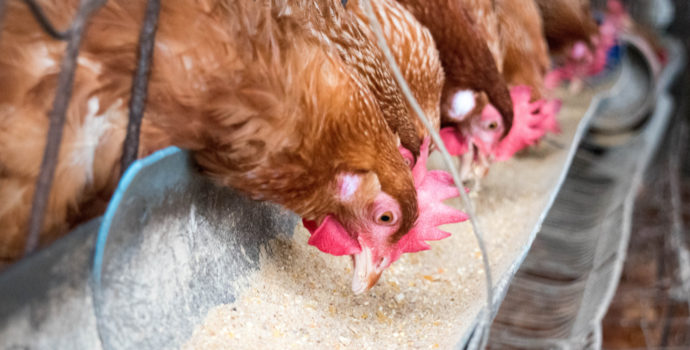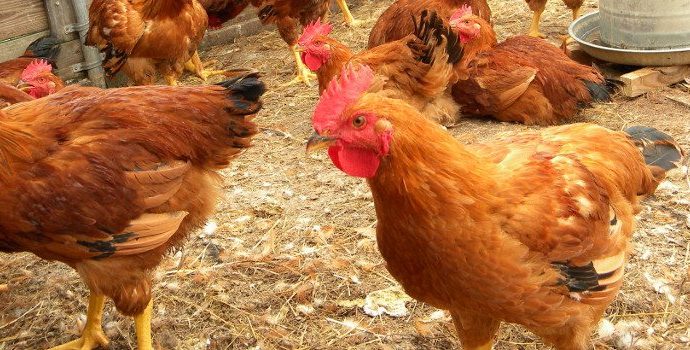Poultry Council Report December 2020

Market Report
Bord Bia have reported that overall retail sales of Quality Assured Irish poultry meat are up 14% year on year. This is due to a number of factors, including the normal annual increase of 2-3% that chicken in particular has seen over the past 5 years. The Covid situation has seen a general move away from the foodservice sector which procured a high volume of imported chicken, and increase in the sales of Bord Bia Quality Assured Irish chicken on the retail shelves in 2020.

This graph shows that across all retailer audited, chicken is labelled as Bord Bia QA in 70% of cases. As Ireland is not self-sufficient in chicken breast meat, the meat most consumed by Irish consumers, this is a great achievement for a continually growing and sustainable meat production selector. Over 100 million broilers will be processed in the Republic of Ireland in 2020 with a predicted growth of 5% for 2021. Niche sectors such as duck, and free-range organic continue to grow. The once in decline turkey sector has seen somewhat of a resurgence in recent years, mainly due to the healthy low fat image and social media reflected by young consumers about the health benefits of turkey.
A serious situation emerged in the past month regarding the Department of Agriculture and the Food Safety Authority of Ireland (FSAI) facilitating the normal small scale, non-industrialised slaughter of hundreds of thousands of free range, farmer reared turkeys for the Christmas markets. After a dialogue process between turkey growers, the FSAI and the DAFM, additional resourcing was secured to ensure that DAFM veterinary staff will be made available to oversee this annual process of our festival stable meat.
Poultry Industry Economic Report- Prof Thia Hennessy.
The Poultry Working Group (PWG) have funded an economic report on the Irish poultry sector. While relatively small in term of numbers of farmers in the sector, it is viable and economically sustainable, and there remains opportunities for future growth. The PWG commissioned Professor of Economics from UCC, Thia Hennessey to compile the report. The PWG will be presenting this report to Minister Charlie McConalogue at a meeting in the coming weeks, and Andy Boylan will be part of the PWG delegation meeting the Minister. IFA Council members can obtain a copy of this report in the coming weeks from the IFA Poultry Executive Robert Malone- 0879803742
PWG Proposals
The PWG has made a draft proposal to tackle future disease incidents such as LPAI in the future. It involved setting up a levy, to create a fund, which would be used to cover losses and expenses associated with certain disease outbreaks in the commercial poultry sector. The proposal is based on international research and similar systems are operated across mainland Europe. These proposals will involve contributions from farmers and must be fully explained and discussed with all vested interested before moving forward. The Covid-19 meeting restrictions is making this process more difficult but no decisions will be made without the full support of poultry farmer groups and the IFA Poultry Committee.
High Pathogenic Avian Influenza
High Pathogenic Avian Influenza (HPAI H5N8) is present in the wild bird population in most European countries, including the island of Ireland in recent weeks. This is the most transmittable version of LPAI, which resulted in the culling of over 500,000 birds, mostly laying hens, in the Republic of Ireland in spring 2020. It represents a major threat to small commercial poultry farmers. The National Disease Control Centre (NDCC) (part of DAFM) have communicated emerging information regarding positive cases in wild birds to the PWG, including farmers in recent weeks.
Risk to Ireland regarding HPAI H5N8
- The disease is highly contagious for all birds.
- The risk to Irish poultry flocks from Avian Influenza has increased following the confirmation of H5N8 in wild birds in Ireland.
- The disease poses no food safety risk for consumers. Properly cooked poultry and poultry products, including eggs are safe to eat.
- Strict biosecurity measures are needed to prevent the introduction of AI into poultry and captive bird flocks.
- Flock owners should remain vigilant for any signs of disease in their flocks, and report any disease suspicion to their nearest Regional Veterinary Office.
- Members of the public are advised not to handle sick or dead wild birds. Please report sick or dead wild birds to the local Regional Veterinary Office of contact the DAFM disease hotline on 1850 200456.
- The importance of biosecurity in poultry flocks at this time cannot be overstated. This applies to ALL flocks, irrespective of size.
Andy Boylan – Chair
Robert Malone – Executive


